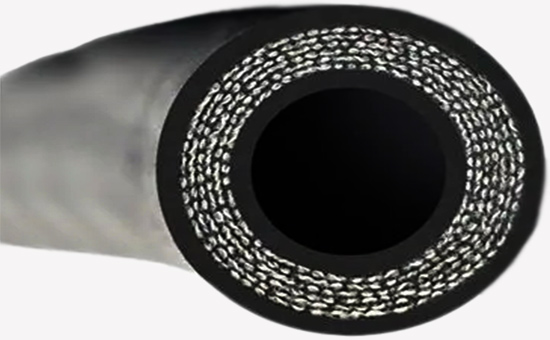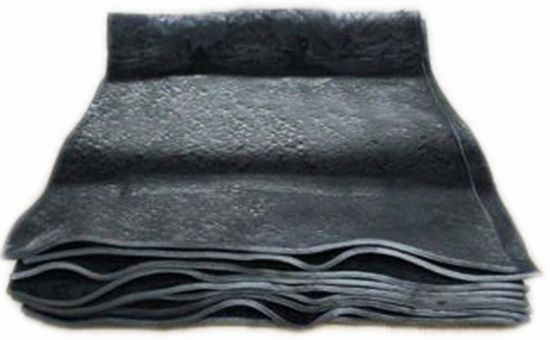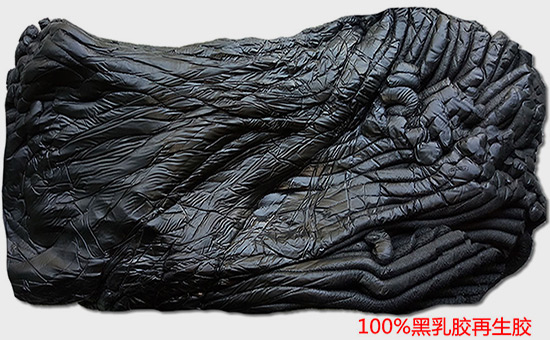Natural rubber has high mechanical strength, good flexural fatigue resistance, small hysteresis loss, and low heat generation during multiple deformations; At the same time, it has good cold resistance, waterproofing, electrical insulation, etc., and is widely used in various rubber products. However, due to the presence of unsaturated double bonds in natural rubber, light, heat, ozone, radiation, bending deformation, and metals such as copper and manganese can all promote the aging of natural rubber, resulting in poor aging resistance; It is necessary to design a reasonable anti-aging system to improve the aging resistance of natural rubber and extend its service life.
In actual production, selecting anti-aging agents and designing anti-aging systems reasonably based on the actual use and usage conditions of natural rubber products is an effective way to improve the anti-aging performance of natural rubber and extend the service life of products.

Rubber antioxidants can be classified into antioxidant, ozone resistant, fatigue resistant, harmful metal resistant, and UV resistant varieties based on their protective effects. They can be classified into polluting antioxidants and non polluting 2SLYY414 antioxidants based on their appearance. Due to the many factors that cause natural rubber aging, high-quality antioxidants can provide good protection against several aging factors, but there is no universal antioxidant.
When producing rubber products using natural rubber as the main raw material, commonly used rubber antioxidants include antioxidant RD, antioxidant A, antioxidant DNP, antioxidant 4020, antioxidant 4010NA, antioxidant AW, antioxidant MB, antioxidant SP, antioxidant SP-C, antioxidant 3100, etc. One type of antioxidant can be used alone or in combination with two or more types of antioxidants.

When using natural rubber to produce rubber products with high requirements for heat and oxygen aging, antioxidant RD and antioxidant A are often used, with a dosage of 1-2 parts. When natural rubber products require ozone resistance, it is recommended to use a large amount of antioxidant 4020 and 4010NA, and the dosage should be controlled among 0.5 and 1 part. When using natural rubber to produce light colored products, it is necessary to choose non polluting antioxidants. Common varieties include antioxidant MB, antioxidant SP, antioxidant SP-C, antioxidant 264, antioxidant 2246, etc.

Reasonably designing an antioxidant system is an effective method to improve the aging resistance of natural rubber products; In addition, rubber product manufacturers can also use natural rubber in combination with synthetic rubber such as styrene butadiene rubber and butadiene rubber, and natural rubber in combination with recycled rubber to further improve the aging resistance of natural rubber products. In actual production, the combination of natural rubber and recycled rubber can not only reduce raw material costs and improve the aging resistance of the rubber material, but also improve the plasticity, dimensional stability, and reduce vulcanization return. The editor will continue to discuss related issues with you in the future.
Exclusive original article [commercial authorization] reprint, excerpt and excerpt in any form are prohibited without written authorization. Focus on Hongyun rubber: learn the process formula and raw material technology of producing rubber products from recycled rubber to help you reduce costs and increase profits